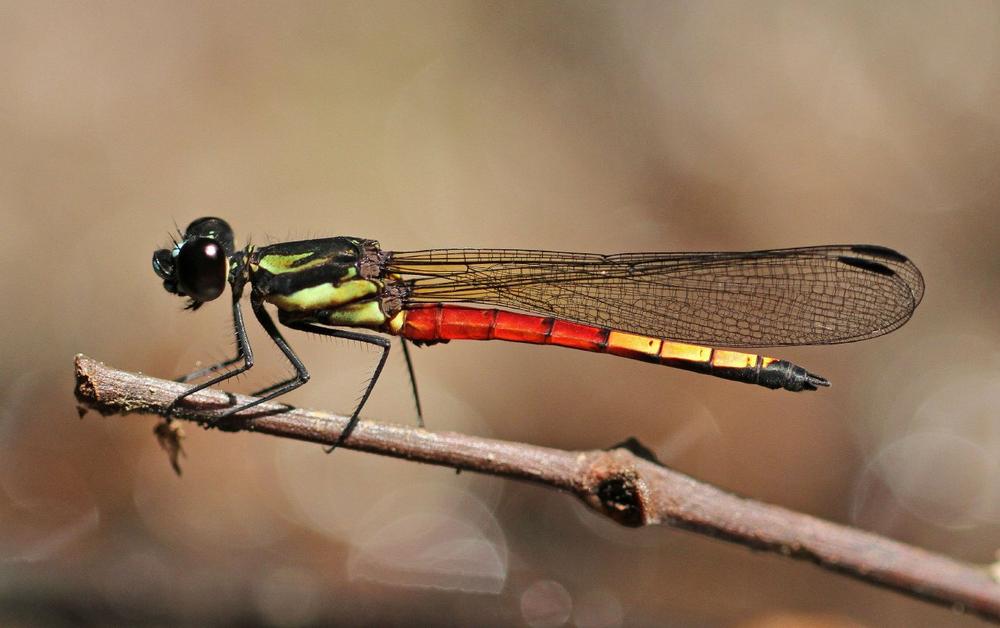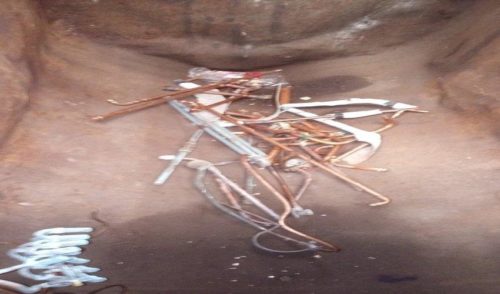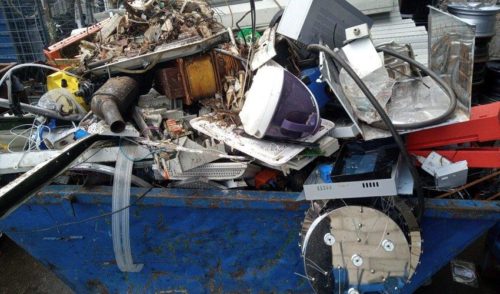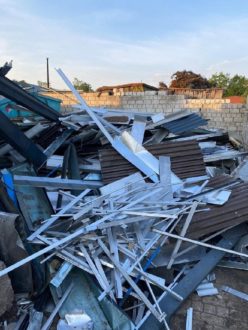
Dragonflies threatened as wetlands around the world disappear – IUCN Red List
With today’s update, the number of species at risk of extinction on the Red List has exceeded 40,000 for the first time. The IUCN Red List now includes 142,577 species of which 40,084 are threatened with extinction.
“By revealing the global loss of dragonflies, today’s Red List update underscores the urgent need to protect the world’s wetlands and the rich tapestry of life they harbour. Globally, these ecosystems are disappearing three times faster than forests,” said Dr Bruno Oberle, IUCN Director General. “Marshes and other wetlands may seem unproductive and inhospitable to humans, but in fact they provide us with essential services. They store carbon, give us clean water and food, protect us from floods, as well as offer habitats for one in ten of the world’s known species.”
The assessment of the world’s dragonflies and damselflies reveals that 16% out of 6,016 species are at risk of extinction, as their freshwater breeding grounds increasingly deteriorate. In South and Southeast Asia, more than a quarter of all species are threatened, mostly due to the clearing of wetland and rainforest areas to make room for crops such as palm oil. In Central and South America, the major cause of dragonflies’ decline is the clearing of forests for residential and commercial construction. Pesticides, other pollutants and climate change are growing threats to species in every region of the world, and are the greatest threats to dragonflies in North America and Europe.
“Dragonflies are highly sensitive indicators of the state of freshwater ecosystems, and this first global assessment finally reveals the scale of their decline. It also provides an essential baseline we can use to measure the impact of conservation efforts,” said Dr Viola Clausnitzer, Co-chair of the IUCN SSC Dragonfly Specialist Group. “To conserve these beautiful insects, it is critical that governments, agriculture and industry consider the protection of wetland ecosystems in development projects, for example by protecting key habitats and dedicating space to urban wetlands.”
The Pyrenean desman (Galemys pyrenaicus), a semiaquatic mammal found only in rivers in Andorra, France, Portugal and Spain, has moved from Vulnerable to Endangered. This unusual species is related to moles and has a long, sensitive nose and large webbed feet. It is among the last of its evolutionary line; one of only two remaining desman species in the world.
The Pyrenean desman population has declined throughout its range by as much as 50% since 2011, largely due to human impacts on its habitats. Disruption to river flow and reduced water levels as a result of hydropower plant, dam and reservoir construction and water extraction for agriculture make significant areas inhospitable to the desman, isolate populations, and markedly reduce desman prey and shelter. Invasive alien species, illegal fishing using poison, nets and explosives, increasing droughts due to climate change, excavation of riverbeds and banks and water pollution further threaten the desman. Preserving and restoring the natural flow of rivers and surrounding vegetation, controlling invasive alien species and tackling climate change are key for this species to recover.
IUCN is a membership Union composed of both government and civil society organisations. It harnesses the experience, resources and reach of its more than 1,300 Member organisations and the input of more than 15,000 experts. IUCN is the global authority on the status of the natural world and the measures needed to safeguard it.
International Union for Convervation of Nature (IUCN)
Rue Mauverney 28
CH1196 Gland
Telefon: +41 (22) 999-0000
Telefax: +41 (22) 999-0020
http://www.iucn.org
Telefon: +44 7960241862
E-Mail: press@iucn.org
Media Relations
Telefon: +41 (79) 53601-17
E-Mail: press@iucn.org
![]()



